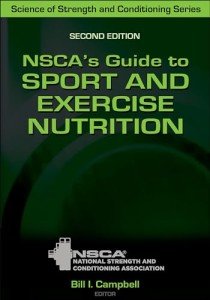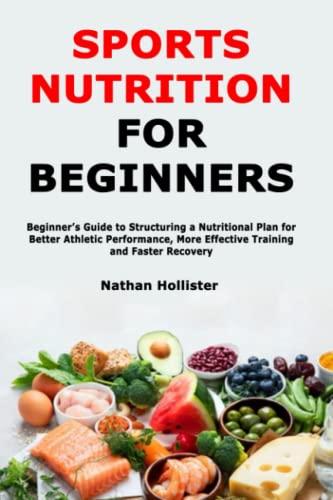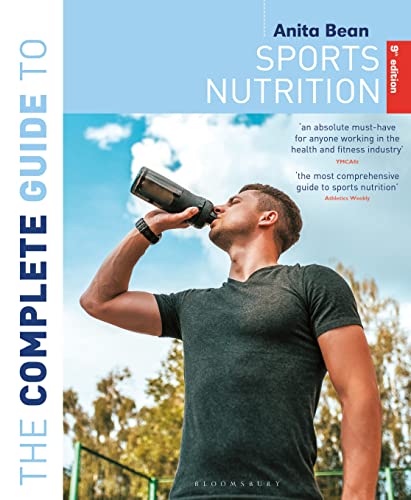Today, there is growing awareness and concern about personal health and fitness.
More and more individuals are striving to attain a magazine-cover physique, leading to the proliferation of gyms, health spas, and fitness centers that cater to the needs of fitness enthusiasts.
Television commercials inundate the airwaves with exercise machines, weight-loss products, and other tools to improve physical fitness. However, exercise alone is not enough to achieve a desirable body. It is equally important to pay attention to the foods we consume. Maintaining a healthy and fit lifestyle requires careful consideration of diet and fitness.
Diet fitness is just as vital as exercise itself.
A proper diet provides the necessary nutrition to repair muscles and support healthy growth. It is essential not to overlook the significance of diet and fitness. With the growing popularity of fitness, numerous professionals have devised various views, methods, programs, and dieting strategies. Among these approaches are high-carb diets and high-fat diets. Which one is more effective? Which one should individuals choose to follow?
To understand the fundamental differences between these two diet approaches, it is important to examine their principles.
High-carb diets involve consuming foods rich in carbohydrates, while high-fat diets promote the consumption of foods high in fat content. High-carb diets rely on glycogen stored in the liver and muscles. Glycogen is a glucose complex that provides a substantial amount of energy for anaerobic exercises.
On the other hand, fats are well-known for being the most calorie-dense nutrient. In fact, fats contain 2.5 times more calories than carbohydrates and proteins. Additionally, studies have shown that it requires 24 calories to metabolize carbohydrates, compared to only 3 calories to burn fat.
So, which diet approach should one follow? It is not recommended to adopt both simultaneously, as this may result in weight gain.
However, diet fitness is not solely about losing fat; one must also consider their overall diet in order to maintain a healthy weight.
Research indicates that sustainable weight loss can only be achieved through a diet that aligns with an individual's food preferences, lifestyle, medical profile, and satiety signals.
Numerous diet programs claim to assist in weight loss, but only one can truly help individuals maintain their desired physique. The ideal diet is one that satisfies the individual the most. Other crucial aspects of a fit diet include moderation, balance, and variation. It is important not to exclude essential nutrients and substances necessary for optimal bodily functions. Health organizations have clear guidelines regarding the recommended nutrient intake for individuals.
Whether it is a low-fat, high-carb diet or a high-fat, low-carb diet, the question is not which program will yield results but rather which approach works best for each individual. Pursuing a healthy and attractive body does not have to be burdensome. Diet fitness does not mean adhering to the same foods for a lifetime. It is even encouraged to be adventurous and try new and exciting foods. Who knows? One might even discover a newfound appreciation for spinach.
Check out our nutrition products and guides here
For more advice on weight loss and diet products and solutions, vist our weight loss Site











